( Quang Ngai Newspaper) - The blue river on a summer day with fishing boats drifting leisurely, the distant mountains reaching into the sky, the sound of waves from the sea echoing in our sleep every night are things that every person carries with them throughout their life, from childhood to old age.
That river appears in my mother's lullaby, that mountain flickers in my grandmother's song, the sound of the ocean waves suddenly echoes in my heart every time I pass by someone's house, I hear the lullaby of my grandchildren and children.
In the lullabies of grandmothers and mothers, nature is not only what is seen between heaven and earth, but also the rich spiritual life of people, their feelings, memories and dreams.
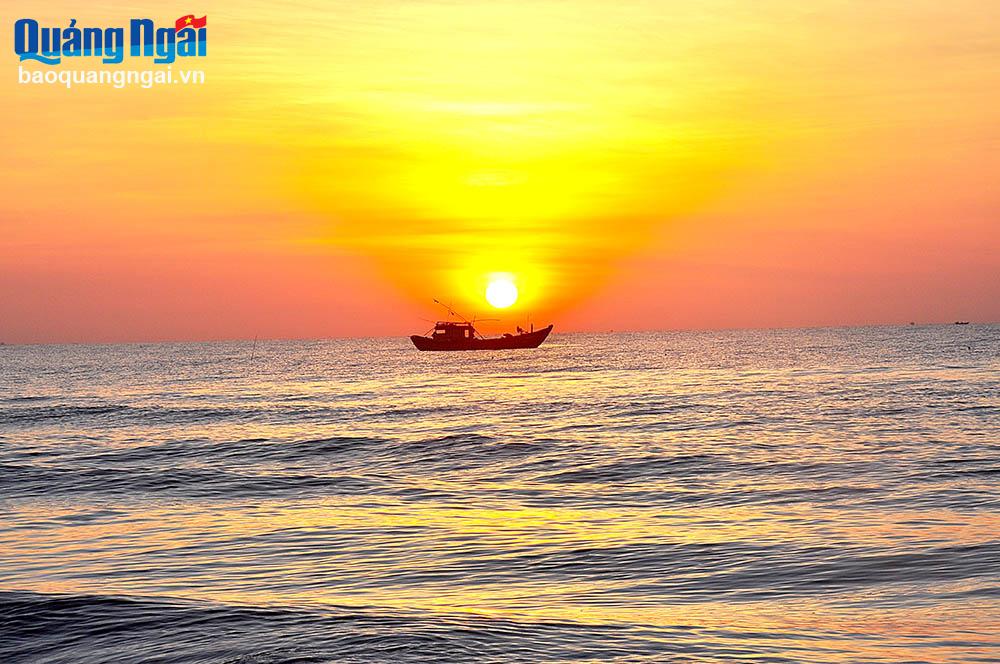 |
| Sunrise on the sea. |
Many mountains, rivers, and estuaries have been the subject of many poems and poems by literati such as Thien An, Thien But, Tra Khuc, Tra Cau, My A, Sa Ky... The mother from the countryside, who has no leisure time to recite poems, only tells her story in simple folk songs about her hometown mountain to her young child to express her pride or to confide her feelings. Each mountain present in the lullaby seems to carry a piece of the soul of the people of Quang Ngai. This is Thinh Thinh mountain, associated with an ancient pagoda and a legendary story about the sacred land of Buddhism: "Thinh Thinh mountain, Thinh Thinh pagoda/ Whoever goes there, let me ask/ Why is it famous, famous/ To make this thousand-year-old land Thinh Thinh!"
Quang Ngai has 4 main rivers flowing through, all in the west-east direction: Tra Bong, Tra Khuc, Ve, Tra Cau rivers, along with hundreds of tributaries, thousands of streams, canals, ponds, forming a dense network of rivers from the mountains, through the midlands, down to the plains and out to the sea.
Someone said that there is always a river flowing through the life of every person. That is even more true for the land and people of the Central region, including Quang Ngai. The green Tra Bong River, with its tilted bamboo rows reflecting its reflection in Te Hanh's poetry; the water of Vuc Hong flows quietly like the slow passing of days in Bich Khe's poetry; the Tra Khuc River, downstream, is nostalgic with the moonlight, the gentle wind is filled with sadness in Truong Dang Que's poetry. Not too heavy with thoughts, not filled with emotions, the peaceful folk song river flows through the countryside of Quang Ngai, carrying the joy and sadness of the farmers who work hard day and night: "The Tra River is close to Long Dau Mountain/ That water flows forever, the dragons of the past/ Long Dau Mountain leaves its name for posterity/ Thien An Pagoda leaves its seal to the late queen/ Whoever returns to Quang, let her follow."
The river is where ferries go back and forth, where canoes go upstream and downstream, and where the water levels fluctuate with the seasons, whether it is sunny or rainy. Perhaps that is why people often have different, sometimes conflicting, feelings when talking about the river and the ferry. One person is filled with hope as the oars push the boat out to sea. Another person is absent-minded as they stay, watching the sails take someone upstream.
When a mother sings a lullaby to her child, she is also singing to herself, sending all her joys and sorrows, and worldly affairs.
Although containing many precious cultural values passed down through generations, in today's modern, bustling life, preserving and promoting lullabies is not easy. Along with cultural exchange and the strong development of trendy music, the lullabies of grandmothers and mothers are gradually lost and far removed from today's life.
Article and photos: LE HONG KHANH
RELATED NEWS:
Source: https://baoquangngai.vn/van-hoa/202412/lon-len-theo-cau-hat-loi-ru-2964833/


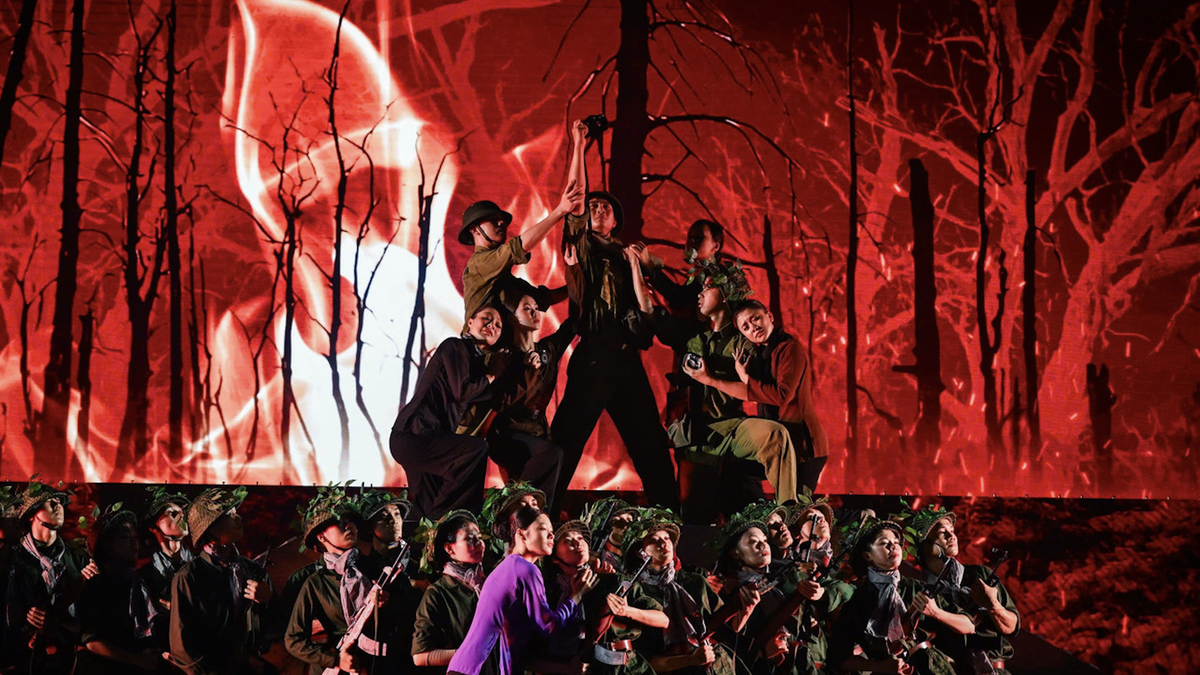

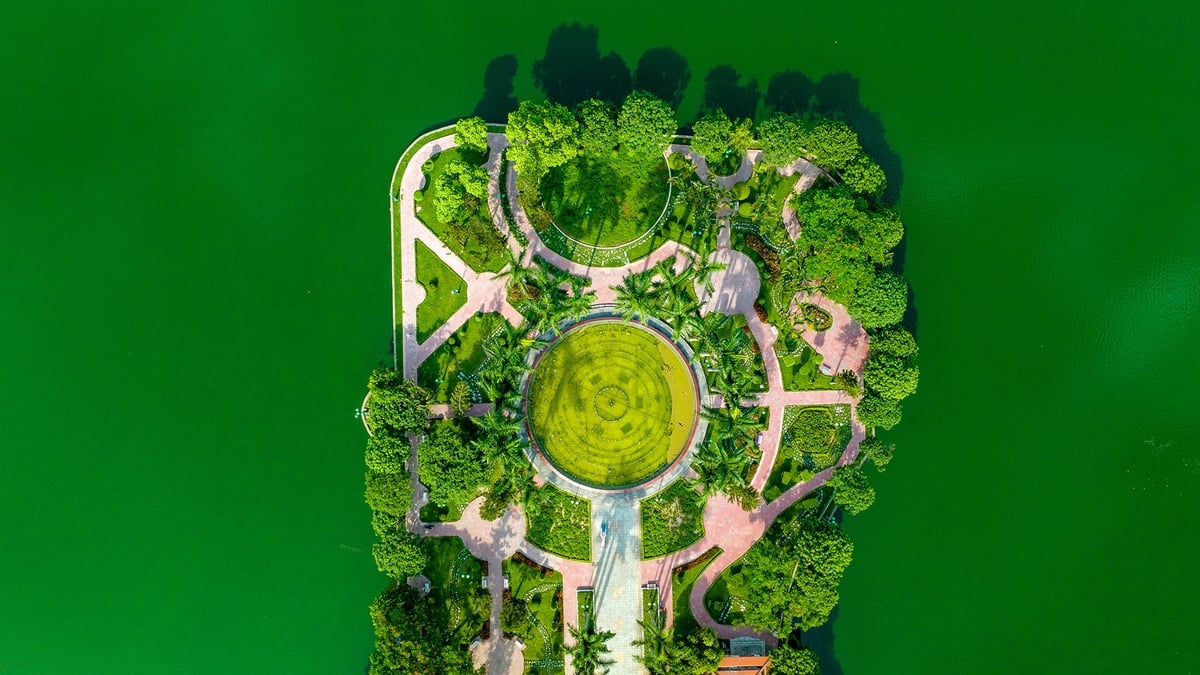
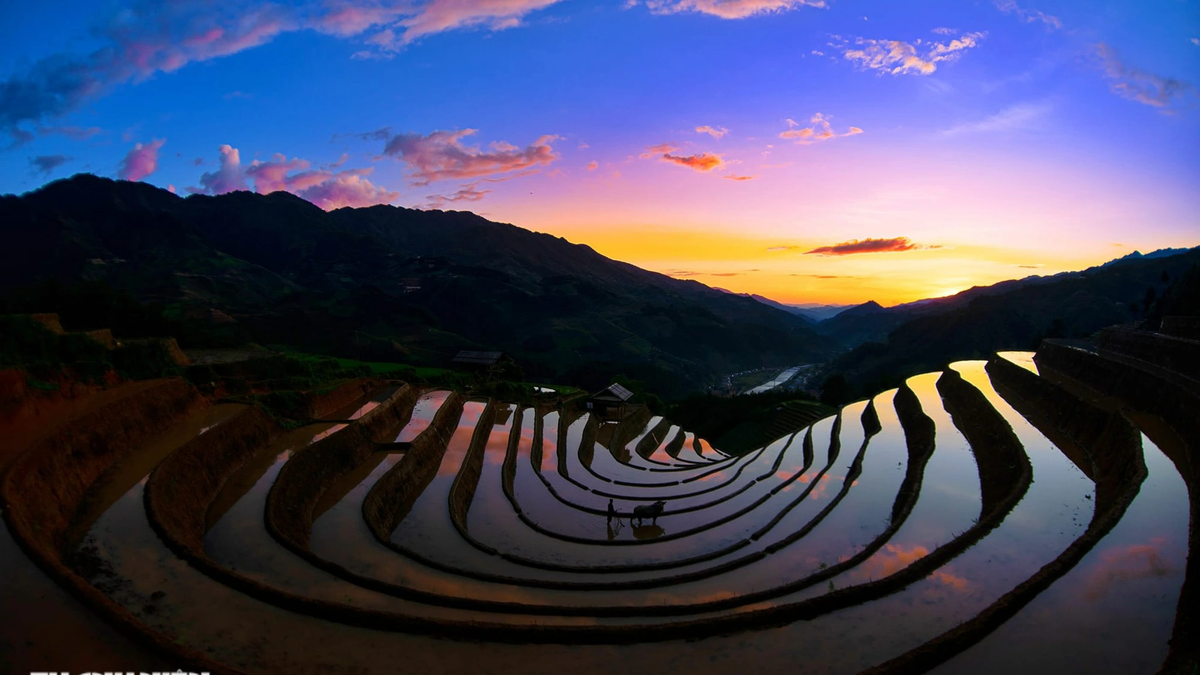
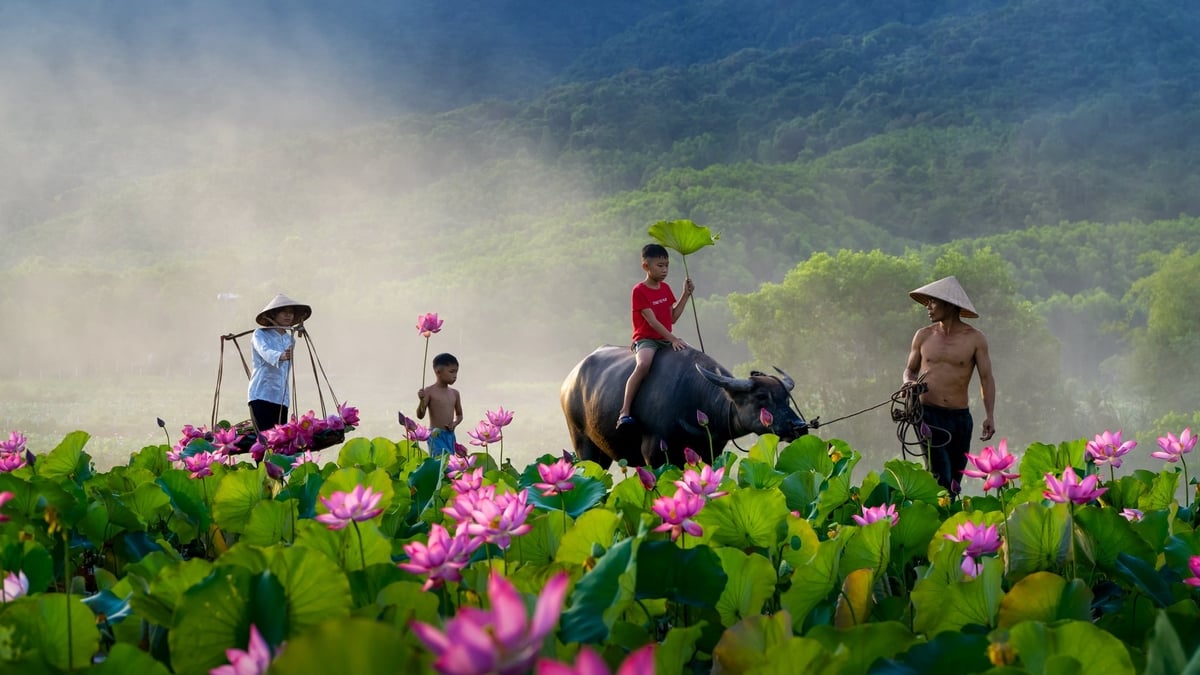
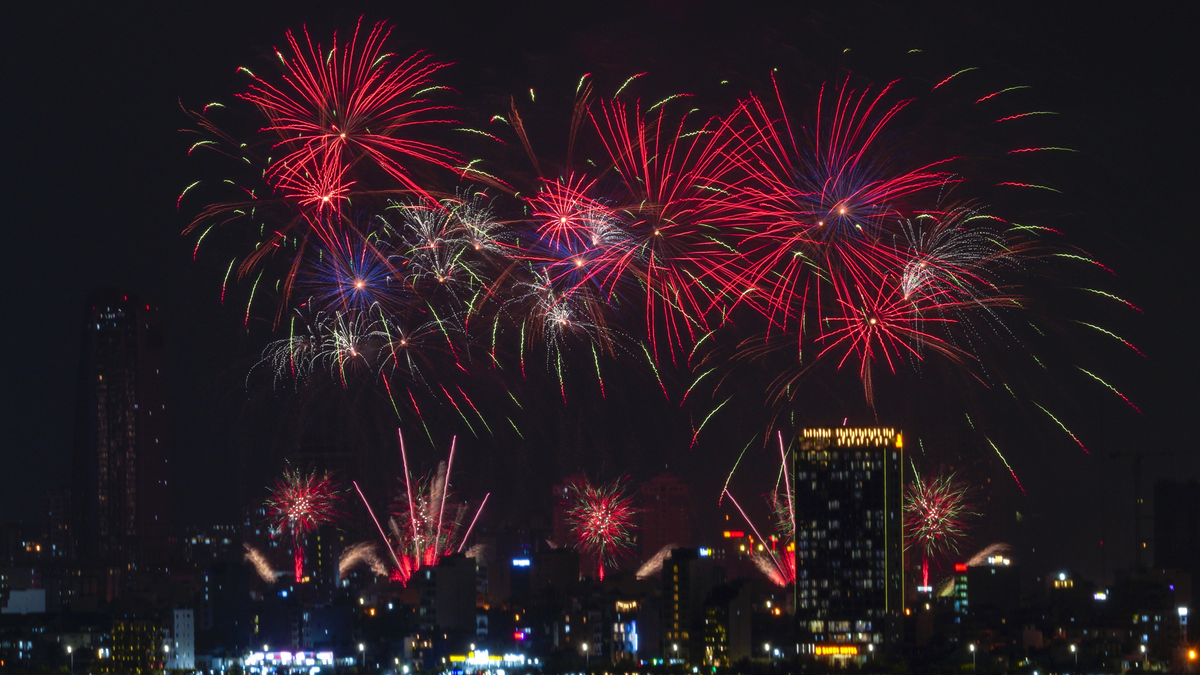
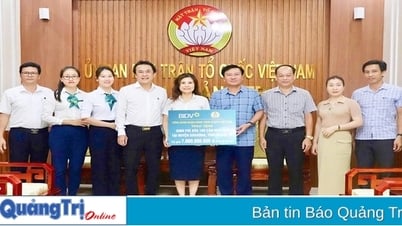



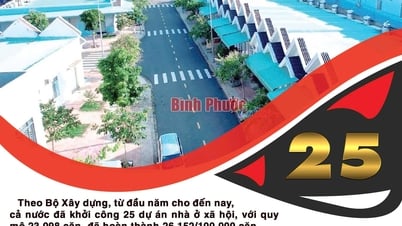

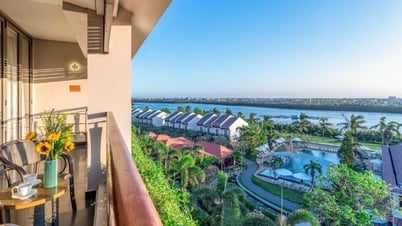



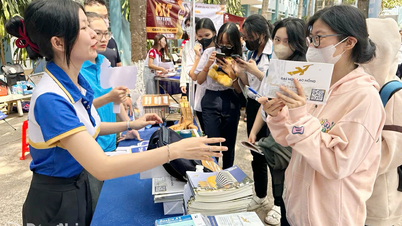


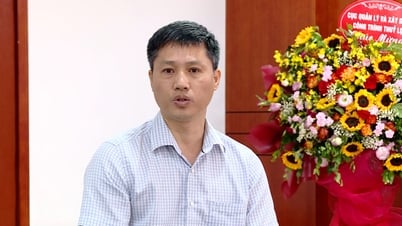
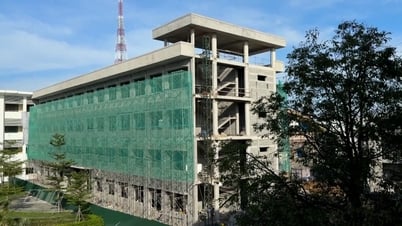


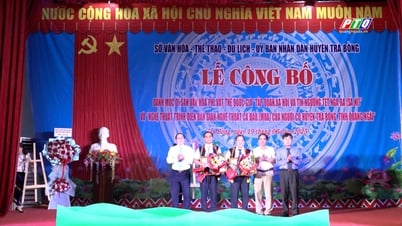







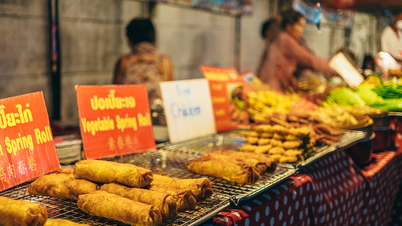
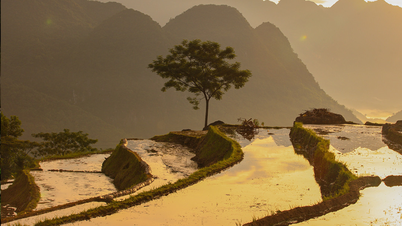

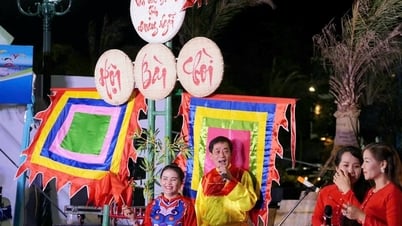

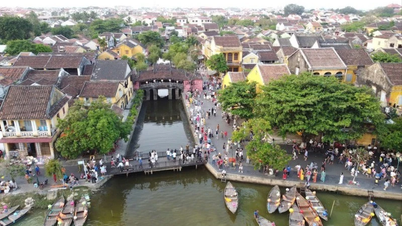

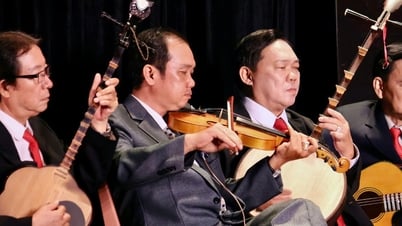

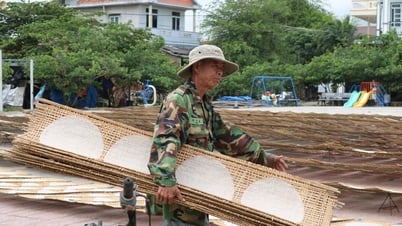




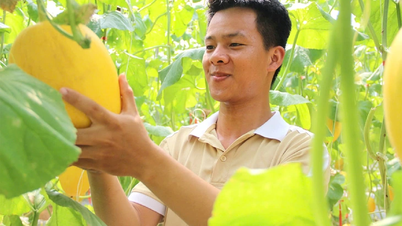



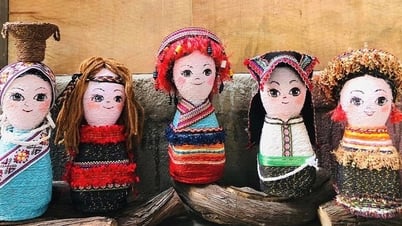
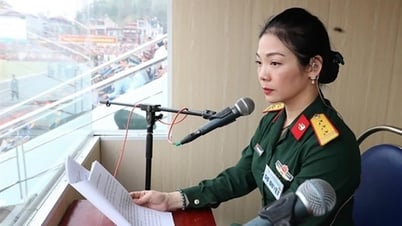




![[Maritime News] Wan Hai Lines invests $150 million to buy 48,000 containers](https://vphoto.vietnam.vn/thumb/402x226/vietnam/resource/IMAGE/2025/6/20/c945a62aff624b4bb5c25e67e9bcc1cb)


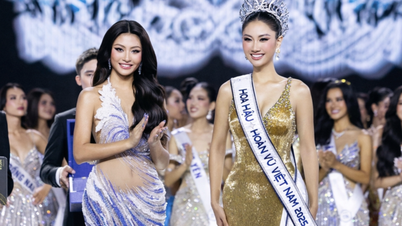


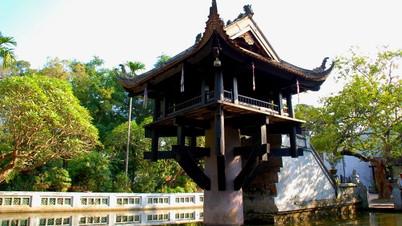
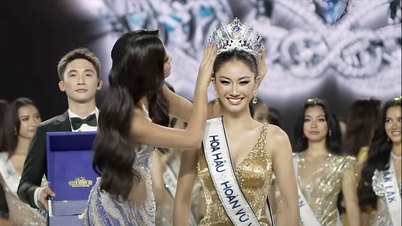







![[Infographic] Party Committee of the Ministry of Culture, Sports and Tourism: Marks of the 2020 - 2025 term](https://vphoto.vietnam.vn/thumb/402x226/vietnam/resource/IMAGE/2025/6/22/058c9f95a9a54fcab13153cddc34435e)
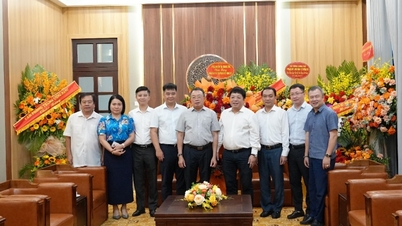


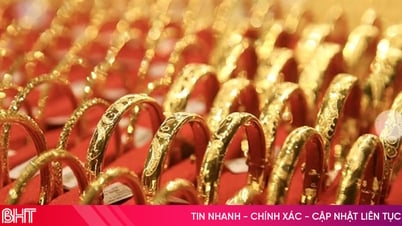




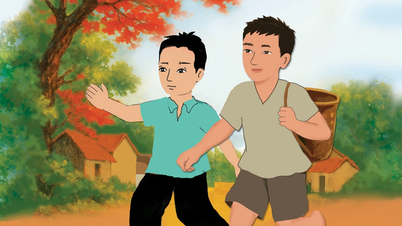













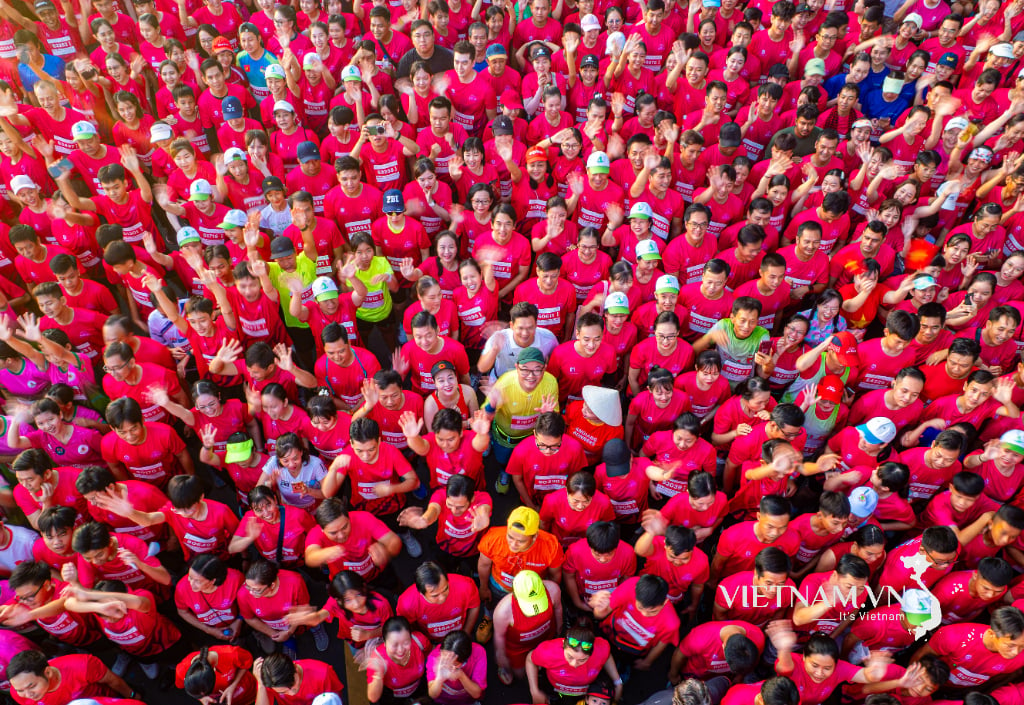

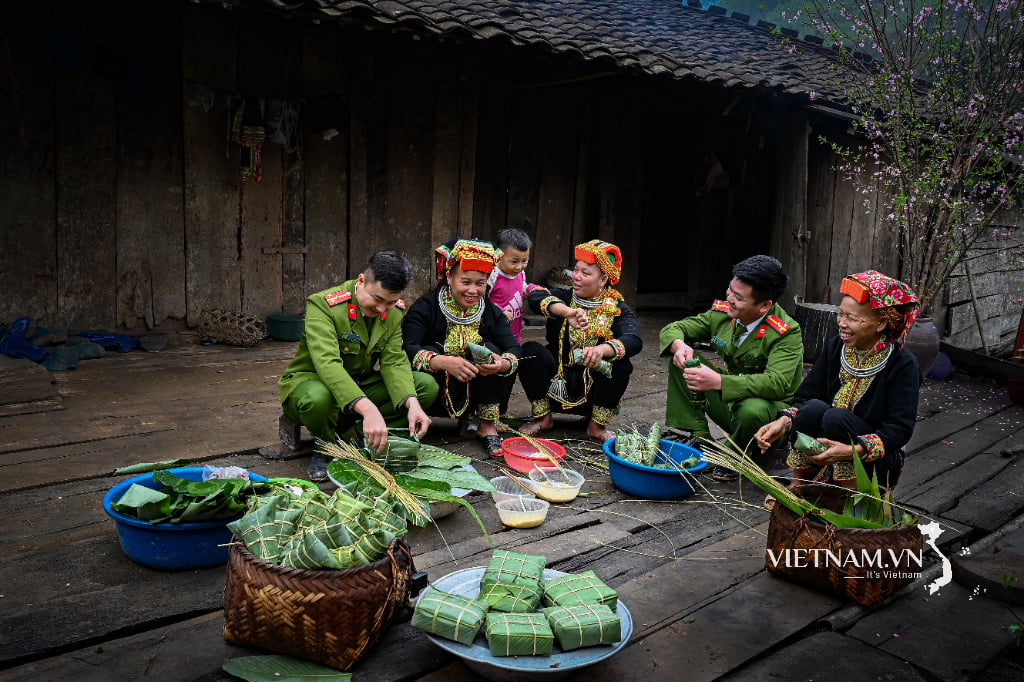
Comment (0)